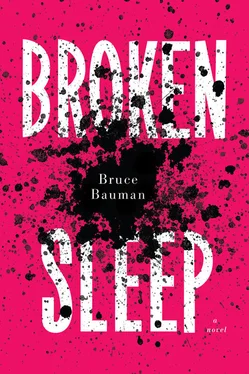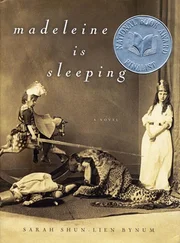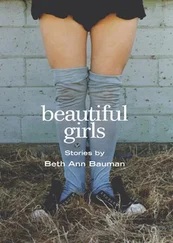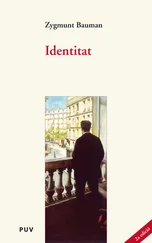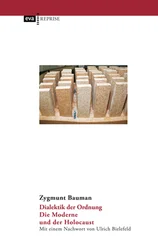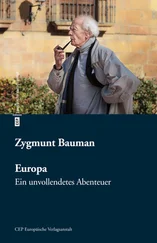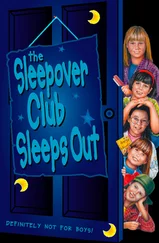“It’s going better than Time magazine would have you believe, but not so well if you’re an American grunt or Vietnamese peasant getting a napalm skin tan.” Nathaniel had been on the front lines of the Movement for seven or eight years by then, but he still managed a well-balanced mix of rage and optimism.
“I meant you personally.”
“The life of a full-time revolutionary is a big gig.”
“Unless you want me to go back to my dreamworld, you have to talk to me.”
“What do you want to know? I spoke at over a hundred colleges the last two years. Not as much fun as a rock star. Sure as shit doesn’t pay like an arms contractor for the Pentagon. Still, I dig it. I guess I’m part of the new class of rev celebs. Warhol’s a bloodsucker, but I’m afraid he’s right about fame and its currency. I’d give up whatever minor recognition I have in a second if the war ended. That’s my life.”
He shrugged and moved his satchel from his left shoulder to the right. “I saw your Do Not Disturb exhibition. Damn good. I wanted to send you a note or something. You working on a new show?”
“Not seriously. Mucking about.” I followed what came naturally in these situations, to say exactly what I was thinking. “Can you take some time off from bringing down the American Empire and spend a few days with me in Orient?”
Without answering, he stood up and then bent down to tie the shoelace on his combat boot. With his head tucked into his chest, he said in a muffled voice, “I’m sorry. Please don’t say another word.” He stood back up, about-faced, and scurried away.
Fuck, that startled me. And hurt. My reflexive action would be to follow him and give him hell. Just because he had all these political ideals didn’t mean he could act like a dickhead. I tried to lose myself again in the painting. I couldn’t concentrate. I canceled my plans and took the bus back to Orient.
Two days later, as I was painting the porch a vibrant gold, a taxi pulled up. Out bounded Nathaniel with a bouquet of sunflowers and a copy of Catch-22 .
“Hey, so sorry, but a Clouseau showed up.” That’s what he called the Feds. “I didn’t want him to catch me talking to you. It took me two days to lose them.”
Nathaniel later discovered he’d made Nixon’s Enemies List. He got hold of his FBI and COINTELPRO files during the brief time when the Freedom of Information Act was being enforced. I found out later they still didn’t divulge everything.
We spent the first three enchanted days together — without having sex. He was totally understanding after I explained why I was so scared of losing the baby.
Also, I didn’t want to rile Hilda. We’d been getting along. Nathaniel behaved with the cordiality of a 1940s gentleman caller despite his appearance, which resembled a Mad magazine version of an anarchist. He gave her the flowers and asked her to show him to the extra bedroom. Later, he treated us to dinner at the Yacht Club. His natural sweetness won her over. Me, too.
The day before he left, we went for a bike ride out to the fields by the Sound and I took him to my and Kyle’s beach. Because the brush was so high, over six or seven feet, and thick, almost no one bothered to trudge through to the clearing. (The developers tract-housed my mini-Eden years ago.) Nathaniel chilled as if I’d slipped him a quaalude. He lay on his back. I took off his eyeglasses and put them by his side. He closed his eyes and, for the first time, remained still with none of his bouncing or body shrieks. Although we’d had some good talks, he hadn’t revealed the deeper Nathaniel, the pure soulsmell that made him, and I yearned to hear it.
“Nathaniel, why do you do what you do? No Vietnam horror stories or superanalytical lecture on protest movements in America allowed!”
He pushed himself up with his palms and patted about for his glasses. I put them on for him and he straightened them out. He began to speak, almost apologetically.
“I told you my parents were blue-blood Americans, right?”
“That’s all you said.”
“I’m a descendant of Mawbridge Brockton on my father’s side. He was a Virginia signer of the Constitution. My mother was old line Dutch, of the Van Buskdraats of New Amsterdam, who were entrenched long before the English docked their boats on Wall Street. They made a fortune in the “shipping trade,” which meant slave trade. Down the line they became abolitionists. By the time we got to my parents, the money was gone and their main occupation was drinking and behaving like unappealing Southern gentry.
“My father could either be imperious or charming. Mr. Political Science Professor preened around the U.Va. campus like he was carved from one of its stone pillars, looking for boys to verbally emasculate and coeds to copulate with. My mom, when sober, was a petite, timid woman of leisure, who knew how to hold a teacup, precisely like so.” He held up his right hand as if he were holding a cup with his knobby pinky sticking out.
“When drunk, which took up too many of her waking hours, she turned into a violent shrew. She once slung a shot glass and knocked out my sister’s tooth for purposely using her maiden name when singing ‘Who’s Afraid of Audra Van Buskdraat?’ ”
I rubbed his back, and his posture, which had sunk, straightened up. “I know talking about yourself is not your style, but Nathaniel, that was about them — not about you.”
“What is this, the Salome Rorschach?”
“If you like to think that, then yes. Tell me something that made you you .”
He leaned back and gazed at the clouds breathing by, and sat back up. “When I was six years old, Adele, who worked as a cook for my parents and was very cute and very black, and my uncle George Turnbull Brockton — that’s how he referred to himself and made us do the same — they had a terrible row. It was a summer morning and I was zipping around in my red fire truck in the backyard. I heard this scream and looked up and saw Adele and Uncle George entangled on the second-floor veranda. The next moment she came flailing to the ground. She broke her arm and a leg but survived. I never saw her again. I guess ‘row’ is Orwellian family-speak. Families perfected it before governments—”
“No politics. What happened next?”
“We were told that Adele was ‘slow’ and Uncle George had been attempting to persuade her not to jump. That was life among ‘colored’ and white in Virginia in the ’40s.
“When I was fourteen, I had an argument with my father about the South’s peculiar racism. I brought up Uncle George Turnbull Brockton and Adele, and said I thought they were having an affair. He shook his head condescendingly and told me I had a creative imagination and my notions of race and American history were silly and clichéd. I answered that he lived a life of privilege based on maintaining the racist status quo. Boom. He went to slap me across the face. My reflexes were quicker than his and I caught his hand in midair, and I just held it there. I’d never defied him before. I let go and he stormed out of the room. That fall it was, ‘Pack your bags, Nathaniel. You’re on the next train to Exeter.’
“The day I left, I went to say goodbye. Robert, one of the ‘workers’ in our family for years, was driving me to the station. I looked in on my mother in her ‘studio,’ already soused, some Charlie Parker coming off the record player while she gadded about in her free-form modern dance. I didn’t even bother to interrupt her.
“I knocked on the door of my father’s study and peeked in. He tilted his head up — I’ll never forget the book he was reading, The Lonely Crowd —and said, ‘Remember, you are a Brockton. Do not disgrace us. We’ll see you at Thanksgiving.’ ”
Читать дальше
